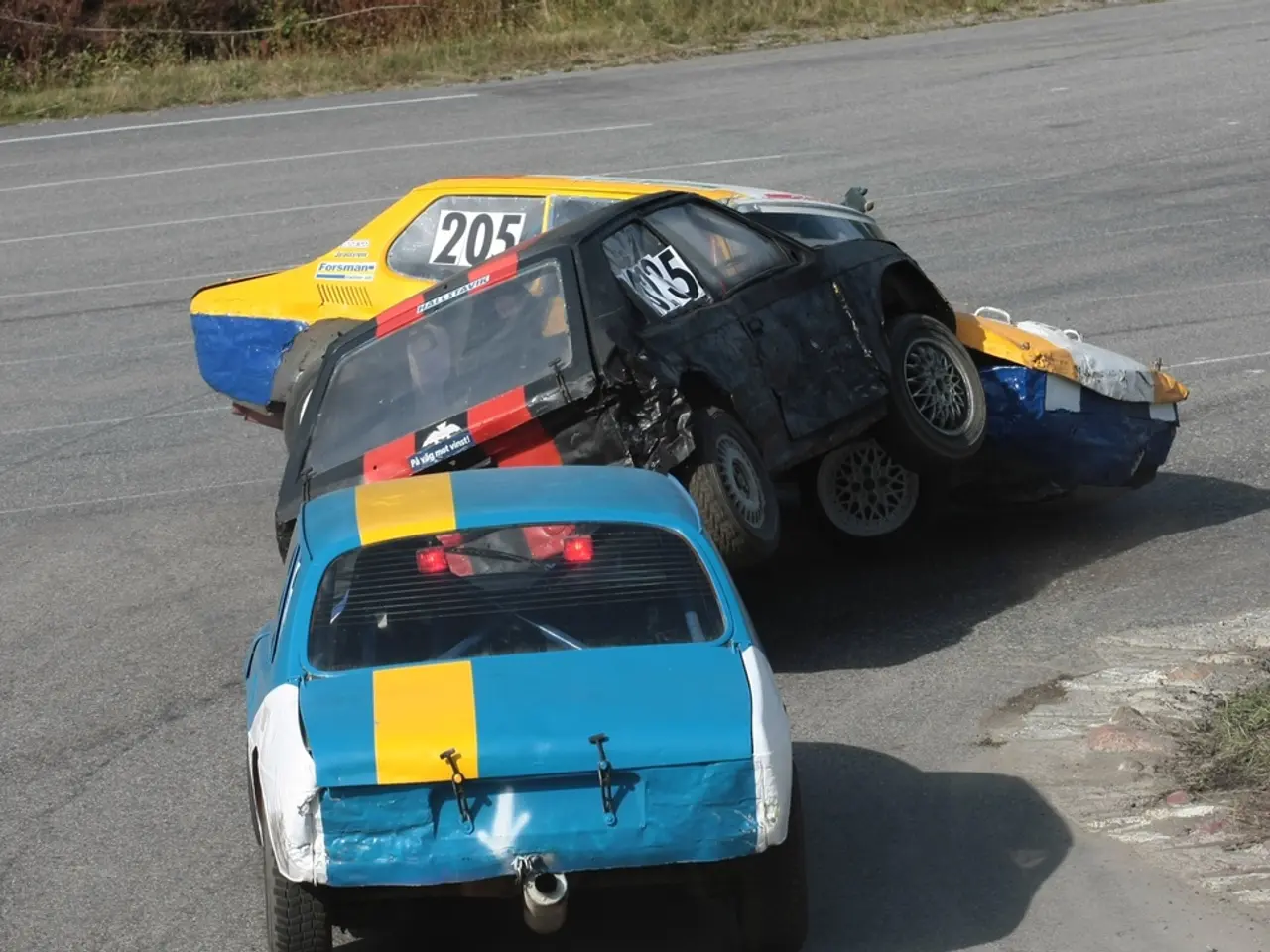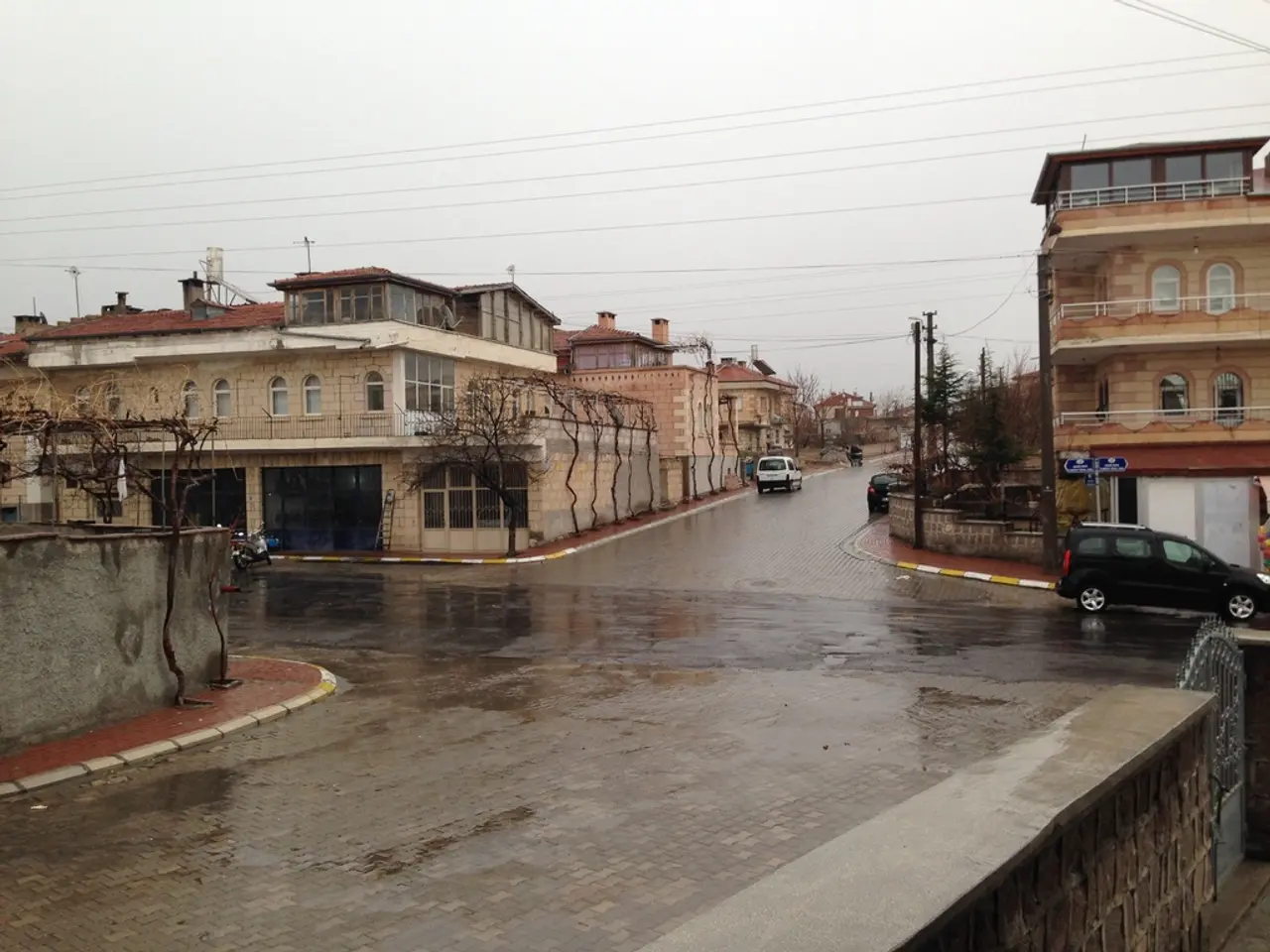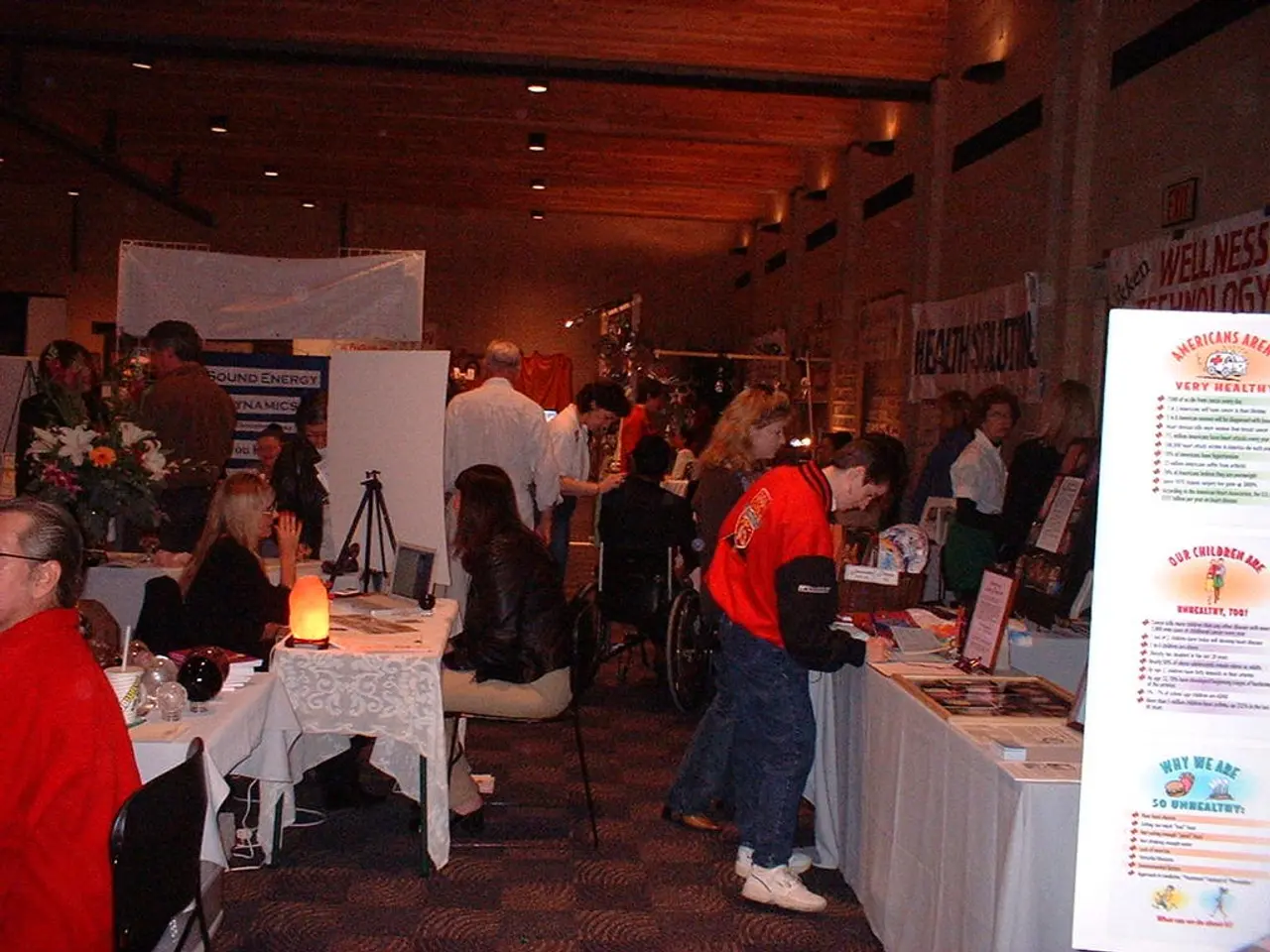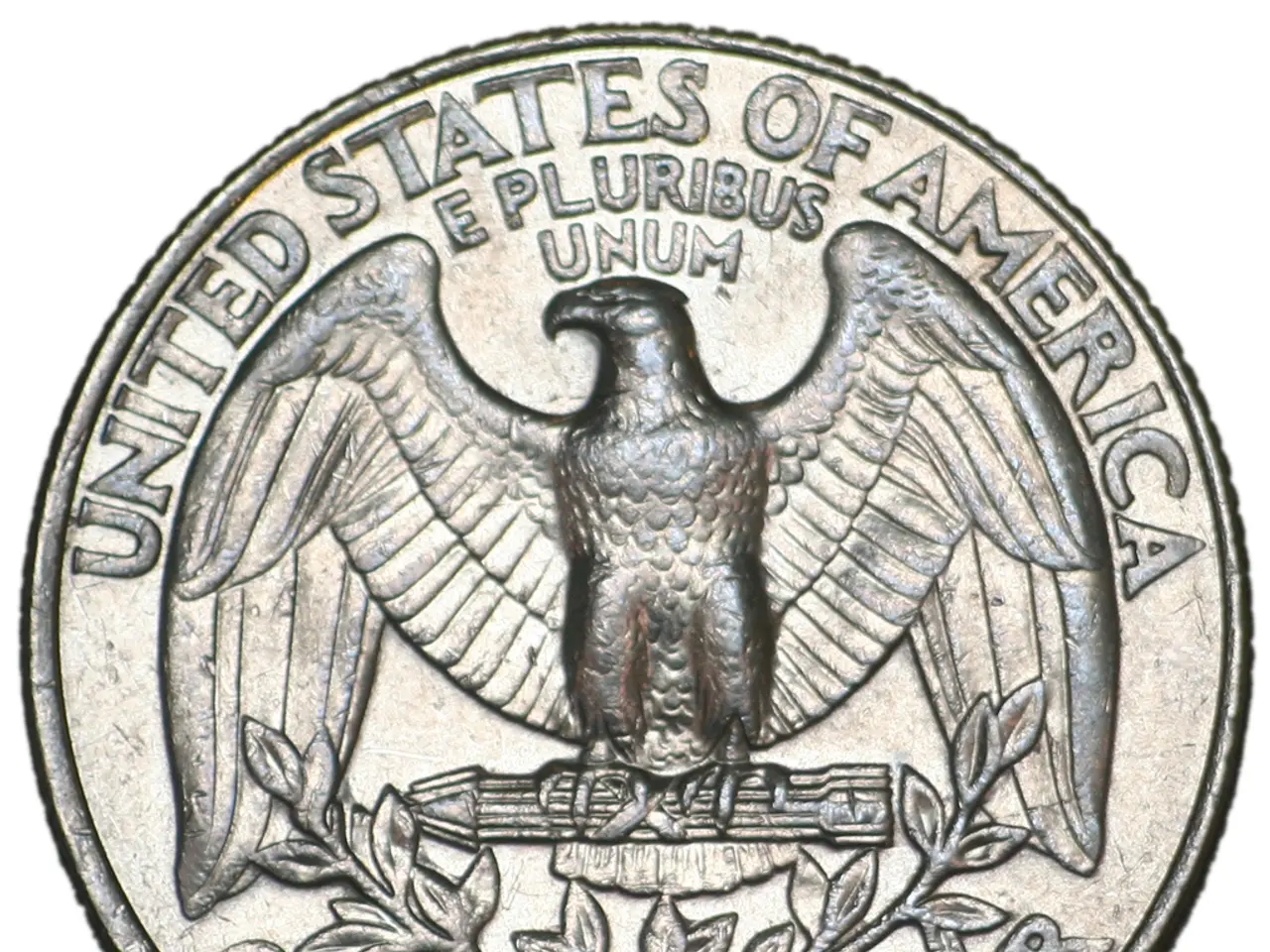Tesla faces a significant court ruling after being ordered to pay over $240 million to the families of the plaintiffs involved in a fatal Autopilot crash.
Tesla Ordered to Pay $243 Million in Florida Autopilot Crash Lawsuit
Tesla has been ordered to pay over $240 million in damages by a Florida federal jury following a 2019 crash involving its Autopilot system. The jury found Tesla 33% liable for the accident, primarily blaming the driver but concluding that Tesla's technology and its promotion contributed significantly to the incident.
The crash occurred on a dark, rural road in Key Largo, Florida. George McGee, the plaintiff, claimed to have trusted the Autopilot technology too much, believing it would provide a warning and apply the brakes if it saw something in front of the car. However, McGee admitted to negligence by blowing through flashing lights, a stop sign, and a T-intersection at 62 miles an hour before the crash.
The jury awarded a punitive award of $200 million and $43 million of a total $129 million in compensatory damages for the crash. Tesla defended itself by emphasizing driver error and claiming no defects in its Autopilot software, which is classified as Level 2 automation requiring constant driver supervision.
The plaintiff's lawyer, Brett Schreiber, argued that Tesla allowed drivers to act recklessly by not disengaging the Autopilot as soon as they begin to show signs of distraction and by allowing them to use the system on smaller roads that it was not designed for. Schreiber also claimed that Tesla's use of the term "Autopilot" is misleading and takes big risks with people's lives because the system only assists with lane changes, slowing a car, and other tasks, falling far short of driving the car itself.
Schreiber also criticised Tesla for either hiding or losing key evidence, including data and video recorded seconds before the accident. He emphasised the importance of words, stating that if someone is playing fast and loose with words, they're playing fast and loose with information and facts.
The decision comes as Elon Musk seeks to convince Americans his cars are safe enough to drive on their own as he plans to roll out a driverless taxi service in several cities in the coming months. The auto industry is closely watching the Tesla case as a finding of liability despite a driver's admission of reckless behavior could pose significant legal risks for other companies developing self-driving cars.
Experts advise Tesla owners to work closely with insurers in serious crashes involving Autopilot to preserve evidence, indicating evolving post-accident procedures in this emerging legal landscape. The ruling represents a significant precedent for the auto industry, highlighting potential manufacturer liability for advanced driver-assistance systems (ADAS), especially where software limitations and driver misuse intersect. It could prompt stricter regulatory scrutiny, impact insurance protocols for semi-autonomous vehicles, and influence how companies design, promote, and monitor automation features to mitigate risks.
- The technology industry, particularly companies like Tesla, may face stringent scrutiny in promoting their autonomous driving systems, as evidenced by the recent $243 million lawsuit over a Florida crash.
- The general-news media are closely following the Tesla case, as it could set a precedent for potential manufacturer liability in cases involving advanced driver-assistance systems (ADAS).
- Financial implications and insurance protocols for semi-autonomous vehicles may undergo significant changes due to the emerging legal landscape, with Tesla owners advised to work closely with insurers in serious crashes involving their Autopilot system.
- Lifestyle changes and driving habits may need to adapt as regulatory scrutiny increases and manufacturers strive to design, promote, and monitor automation features more effectively to reduce risks associated with autonomous driving technologies.




